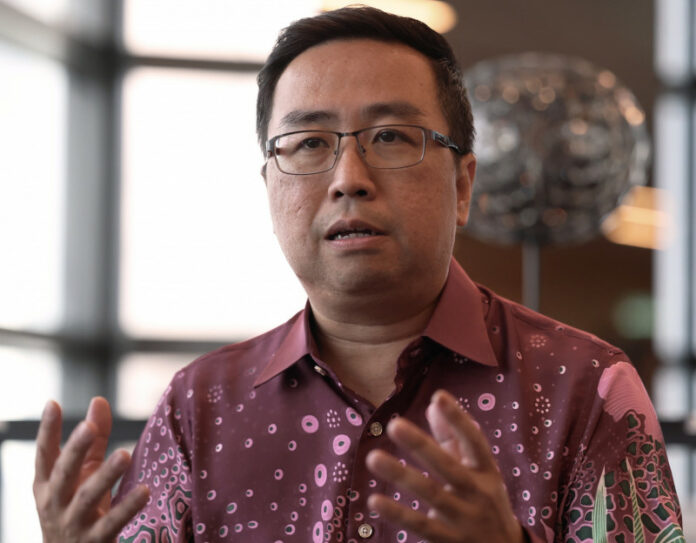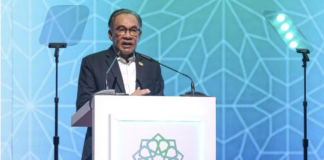KUALA LUMPUR, July 18 — Ministry of Science, Technology and Innovation (MOSTI) is confident that programmes under the BioAcademy initiative including the BioAgrotech and BioPharmaceutical Employability and Entrepreneurship Specialised Training (BeST 2.0) would contribute to increasing job opportunities and reducing unemployment.
Its minister Chang Lih Kang said the programmes will also lead to producing more knowledgeable workers as well as competitive bio-entrepreneurs who are ready for the global market, while promoting modern technology application and rapid economic growth in Malaysia.
“The BeST 2.0 programme aims to place 600 graduates in high-knowledge and high-income jobs in the biotechnology sector throughout the 12th Malaysia Plan programme.
“The success of BeST 2.0 is a positive step towards closing the skills gap between local graduates and the workforce, which is a common challenge in the biotechnology and bio-based industries in Malaysia,” he said in a statement ahead of the appreciation dinner for BeST 2.0 participants and industry players at Cyberjaya, tonight.
Chang said the programme is poised to form a highly skilled workforce that can fulfil the needs and fill in the vacancies in the biotechnology and bio-based industries, in line with the National Biotechnology Policy 2.0, which is aimed at developing an efficient and adaptive workforce and talents for the biotechnology industry in Malaysia.
He added from 2021 to 2023, a total of 192 graduates have successfully obtained job placements in 25 biotechnology and bio-based companies through BeST 2.0 programme that was implemented by the Malaysian Bioeconomy Development Corporation (Bioeconomy Corporation).
Meanwhile, Bioeconomy Corporation chief executive officer Mohd Khairul Fidzal Abdul Razak, said the solid collaboration established with 25 biotechnology and bio-based companies is the main key to the success of BeST 2.0 programme.
“For the first intake of BeST 2.0 in 2021, the host companies have absorbed 93 per cent (59 out of 63 people) of the graduates as permanent employees.
“The great support provided by industry players, including BioNexus Status and Bio-based Accelerator companies, has made it easier for Bioeconomy Corporation to successfully match biotechnology and bio-based graduates with the skills and academic qualifications required by companies in these industries,” Mohd Khairul said.
Therefore, he said it is Bioeconomy Corporation’s wish to expand the collaboration and implementation of BioAcademy programmes to train and produce more young bio-entrepreneurs, that will commercialise Malaysia research and development (R&D) in the biotechnology and bio-based industries to the local and global markets.
BeST 2.0 which is a sequel to the BeST 1.0 programme that was launched in 2007, enables local and international graduates and graduands to be placed as apprentices in biotechnology and bio-based host companies, including those in the bioagriculture and biopharmaceutical sectors.
The participants will undergo training related to soft and technical skills, as well as industry-work experience for six months before they are offered permanent positions either in the placement companies or other companies.
















